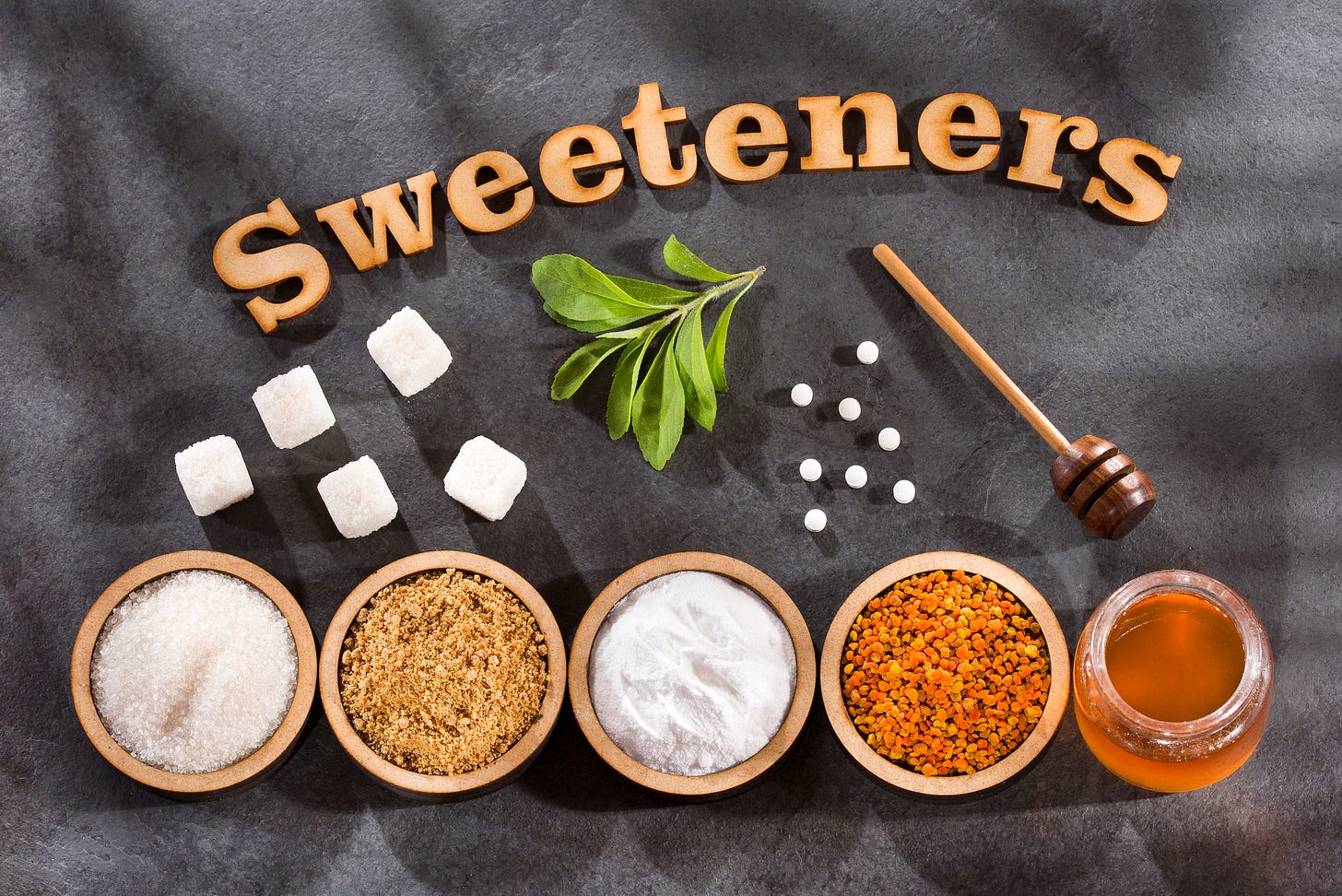
For vegans, a commitment to avoiding animal-derived products extends far beyond the dinner plate. But lurking amongst seemingly innocent pantry staples can lie hidden animal ingredients, challenging even the most dedicated adherent. One such surprise? Sugar. While its plant origin might seem straightforward, the refining process can involve bone char, a product derived from animal bones.
‘‘Sugar: deceptively sweet, with secrets hidden in plain sight. For vegans, the journey down the sugar aisle can be a minefield. Bone char, an unexpected animal product, lurks within refined crystals. But fear not! Beet sugar shines bright, raw options tempt with unfiltered delight, and nature's bounty offers coconut, date, and maple's sweet might. Together, with informed choices and voices raised in light, we can craft a future where sweetness aligns with what's right.’’
This unexpected ethical hurdle underscores the need for awareness and alternative sweetening options for vegans navigating the sugar aisle. Let’s look:
Understanding Sugar Production and Bone Char Use
Sugar, primarily sourced from sugarcane and sugar beets, undergoes a multi-step refining process to achieve its familiar white crystals. Bone char, often derived from cattle bones, is sometimes used as a decolorizing filter, removing impurities and unwanted hues. Unfortunately, due to a lack of mandatory disclosure by companies, it can be difficult to discern whether your sugar has been filtered through bone char.
The Scale of Bone Char Utilization
The Vegetarian Resource Group estimates that a single ton of bone char can process up to 300 tons of sugar. With the commercial sugar industry consuming vast quantities of bone char, the ethical and environmental implications are significant. Concerns range from animal welfare practices to the disposal of spent bone char, highlighting the need for sustainable and animal-free alternatives.
Navigating the Sugar Aisle: A Vegan Guide
Not all sugars are created equal. Refined cane sugars and some brown sugars may have been processed with bone char. Opting for brands that use granular carbon or ion exchange systems for refining provides greater assurance. Look for labels explicitly stating "bone char-free" or certifications like "vegan."
Vegan-Friendly Sweetener Options
Several alternatives offer sweet solutions for vegans. Beet sugar, naturally white and refined without bone char, is a readily available option. Raw sugars like demerara and muscovado typically bypass bone char filtration, retaining their golden hues and molasses content.
Beyond traditional sugars, explore natural options like coconut sugar, fruit sugar, date sugar, maple syrup, agave nectar, unsulfured molasses, and brown rice syrup. However, remember that not all sweeteners are vegan-friendly – honey, for example, is derived from bees.
The Lush Lip Scrub Case Study
The 2017 discovery of bone char in Lush's "Bubblegum" lip scrub highlights the challenges vegans face in identifying hidden animal ingredients. This incident prompted increased consumer awareness and a push for greater industry transparency on ingredient sourcing and processing.
Influencing Industry Practices Through Consumer Choices
Informed consumer demand has the power to drive change. By opting for vegan-friendly products and advocating for clearer labeling and ethical production methods, we can nudge the industry toward transparency and sustainability.
How to Choose Vegan-Friendly Sugars and Sweeteners
Look for labels like "bone char-free," "vegan," or certified organic (organic sugar generally doesn't use bone char).
Opt for beet sugar or raw sugars like demerara and muscovado.
Explore natural alternatives like coconut sugar, fruit sugar, and date sugar.
Be wary of sweeteners like honey, which are not vegan-friendly.
Download apps like "Is It Vegan?" to scan product barcodes for hidden animal ingredients.
Contact manufacturers directly to inquire about their bone char usage policies.
By following these tips and raising awareness, we can navigate the sugar aisle with confidence and choose sweeteners that align with our vegan values.
Conclusion
Navigating the sugar dilemma requires awareness, informed choices, and a collective voice. Let's empower ourselves and the vegan community to embrace ethical consumption, encouraging both consumers and manufacturers to embrace transparent and vegan-friendly practices. Together, we can create a sweeter future for all.
Sources:
Visit Our Amazon Store!
Notice: As an Amazon Associate, we earn a commission from qualifying purchases that help promote animal rights worldwide!
General Resources
Books:
Dominion: The Power of Animals in Nature and in Our Imagination by Matthew Scully
Animal Liberation by Peter Singer
Eating Animals by Jonathan Safran Foer
A Billion Hungry Mouths: Feeding the World Without Consuming the Planet by Colin Tudge
Websites and organizations:
Documentaries:
Articles:
"The Case for Animal Rights" by Tom Regan
‘‘Why We Love Dogs, Eat Pigs, and Wear Cows: An Introduction to Carnism’’ by Melanie Joy
‘‘Animal Rights: The Abolitionist Approach’’ by Gary L. Francione
‘‘Fellow Creatures: Our Obligations to the Other Animals’’ by Christine Korsgaard
Seeds of Compassion: Finding Jesus Christ in a Vegan World by Michael Corthell
Receive a single informative article daily at 12:01 AM by email. Explore my homepage with exciting vegan and plant-based news content and delightful and delicious recipes for additional updates. Stay connected to the vegan world and all it has to offer.
Visit The Vegan Project Global our Facebook page for more vegan outreach and education.
Also, visit our new YouTube channel
The information on this vegan/plant-based blog is for general informational purposes only. It is not intended as legal, medical, or professional advice. Readers should consult with appropriate professionals for specific advice tailored to their situation. The blog owner is not responsible for any reliance on the information herein.




